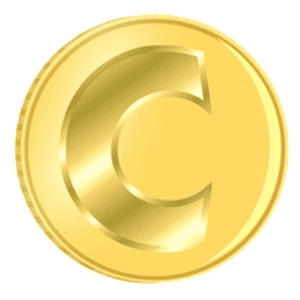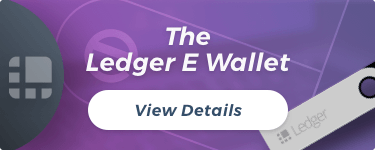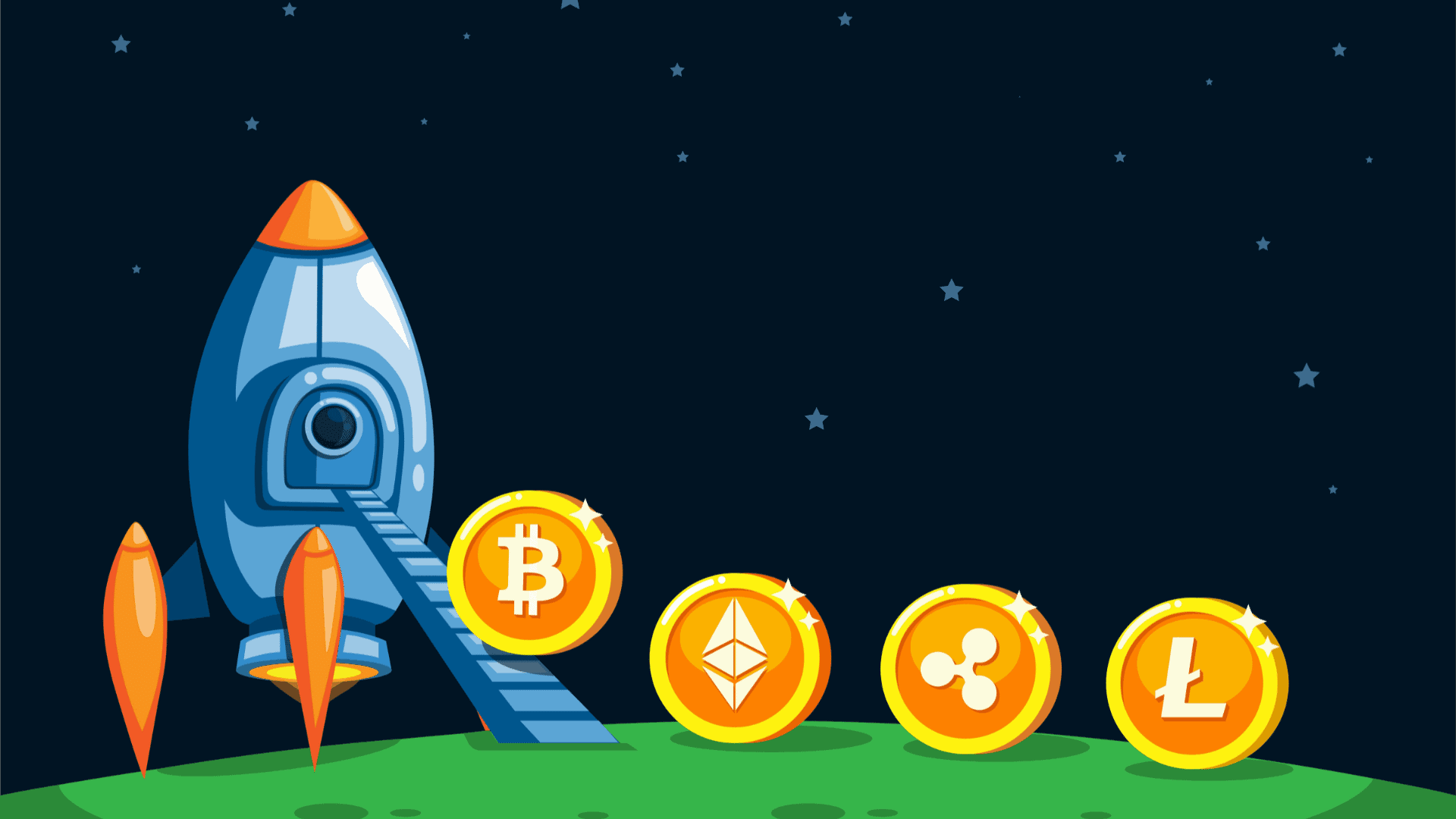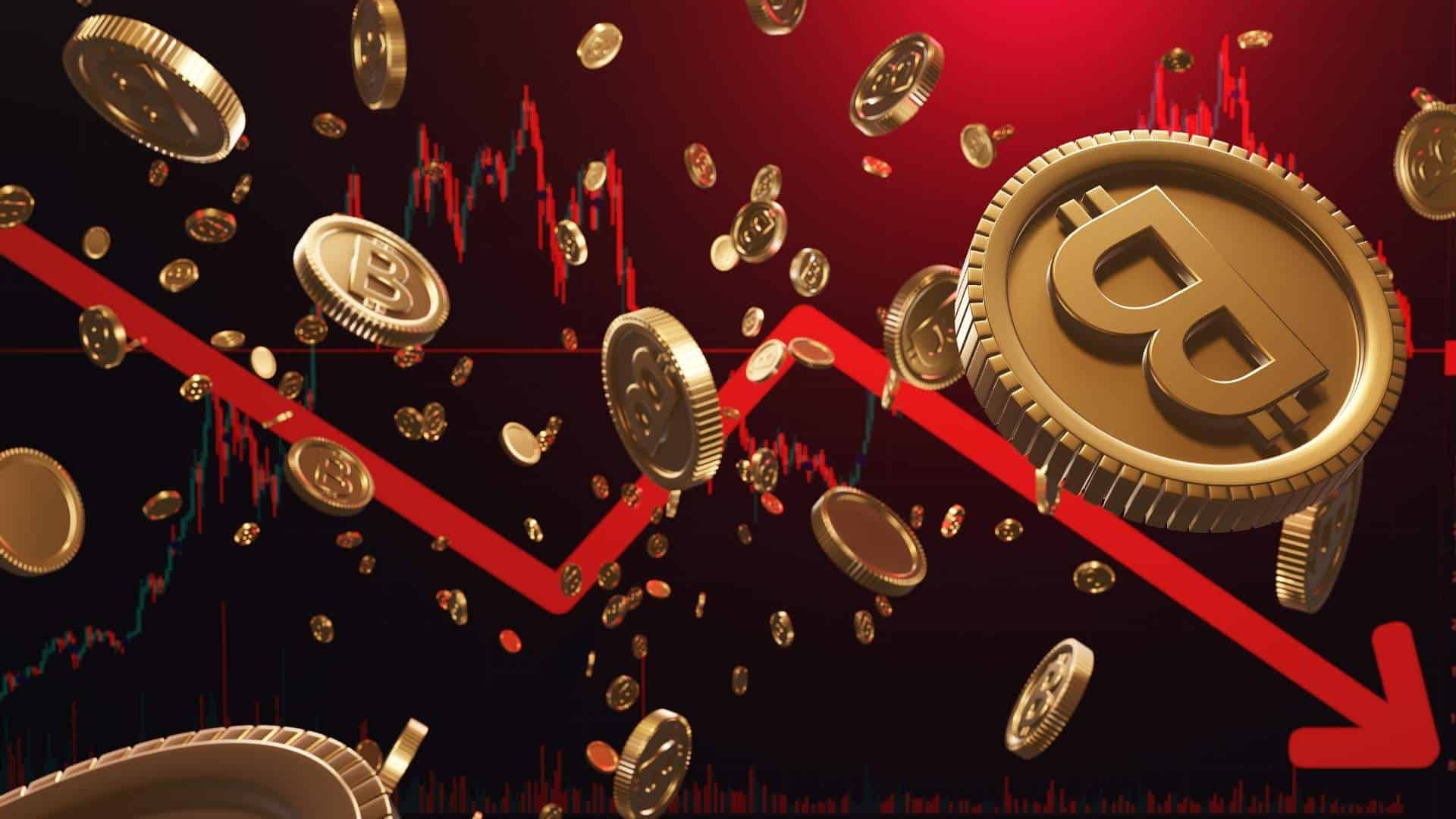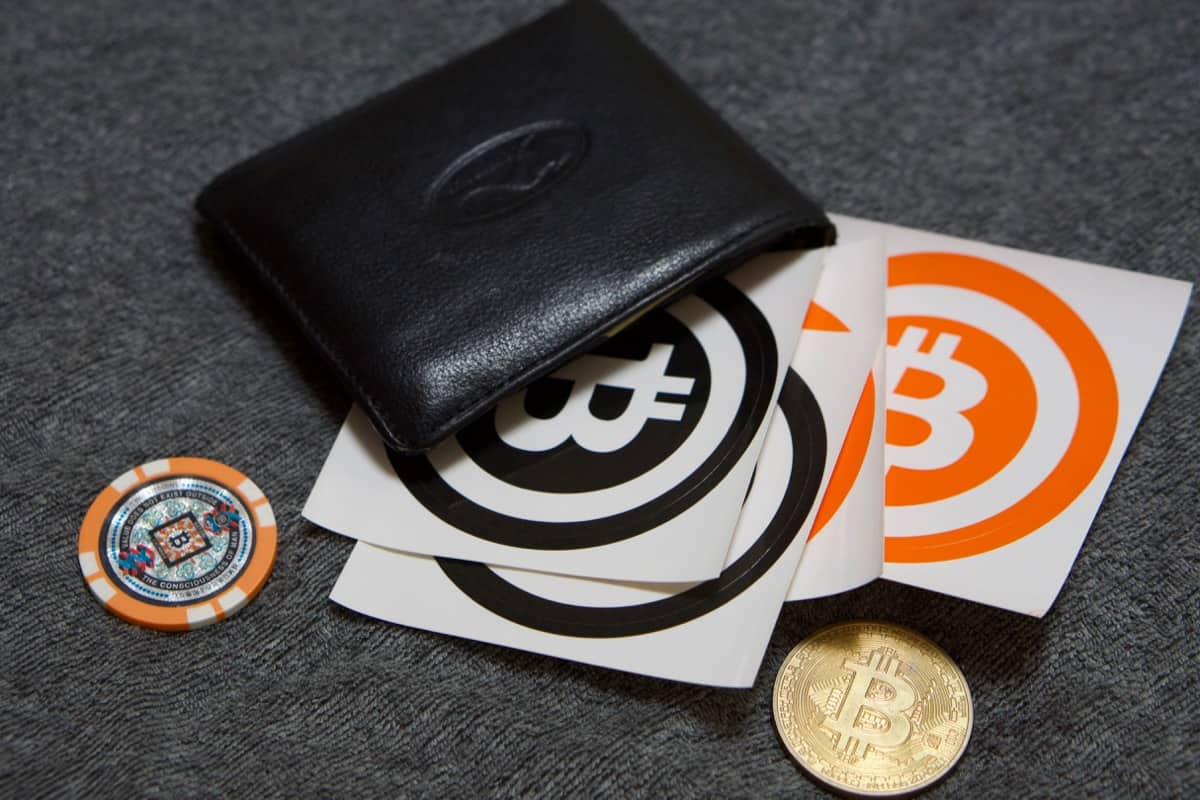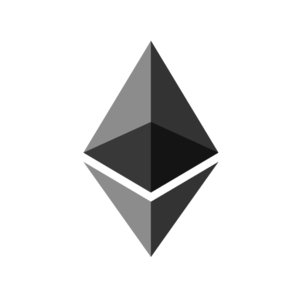
Ethereum (ETH)
| Market Cap | Volume | Last Trade |
|---|---|---|
Ethereum Details
| Built On | Launch Date | Proof Type | Max Supply | Circulating Supply | Website |
|---|---|---|---|---|---|
| 0 | 0 | NO | Platform | Block Reward | Block Time | Block Number | Net Hashes Per Sec | Ethereum |
| 0 | 0 | Trade |
Ethereum (ETH) price today is $0.0000000 USD. Trading volume was 0.00 ETH in the last 24 hours. Current market cap of Ethereum is $0 USD. Ethereum has a circulating supply of 0 ETH coins out of a maximum supply of 0 ETH coins.
An In-Depth Look at Ethereum (ETH)
What is Ethereum (ETH) and how does it work?
Overview
Ethereum, also known as ETH, stands as one of the pioneering platforms in the world of blockchain and cryptocurrencies. It was proposed in late 2013 by Vitalik Buterin, a programmer involved with Bitcoin, and was released on the 7th of August, 2015. Ethereum's primary function extends beyond being a digital currency. It is a blockchain-based platform with its own cryptocurrency, Ethereum or Ether, which is used to power applications and programs within the Ethereum network.
Technical Aspects
Ethereum operates on a public blockchain, which maintains a shared record of all the transactions on the network. This blockchain, however, is unique in its capabilities. Unlike other blockchains that are limited to handling financial transactions, Ethereum's blockchain can also execute computer programs, making it a 'Turing-complete' system.
Ethereum introduced the concept of smart contracts, which are self-executing contracts with the terms of the agreement directly written into lines of code. These smart contracts can interact with other contracts, make decisions, store data, and send Ether to others. They are executed by Ethereum's virtual machine, the EVM, which is decentralized, meaning it doesn't exist in one place but is instead duplicated across all computers (nodes) on the Ethereum network.
Ethereum uses a consensus mechanism called Proof of Stake (PoS), which is a type of algorithm where block creators are chosen deterministically based on their wealth, also defined as 'stake'.
Team
Ethereum was developed by a team that included some of the most respected and accomplished names in the blockchain community. The project was proposed by Vitalik Buterin, who was also a co-founder. Other co-founders included Anthony Di Iorio, Charles Hoskinson, Mihai Alisie, and Amir Chetrit.
Vitalik Buterin is a programmer and writer primarily known as a co-founder of Ethereum and as a co-founder of Bitcoin Magazine. Anthony Di Iorio is a serial entrepreneur, primarily known for his role in digital currencies and blockchain technologies. Charles Hoskinson is a technology entrepreneur and mathematician, who co-founded Ethereum and later founded IOHK, a technology company that builds cryptocurrencies and blockchains for academic institutions, government entities, and corporations. Mihai Alisie was one of the original founders of Bitcoin Magazine alongside Vitalik and later worked on establishing Ethereum.
Since its launch, Ethereum has attracted a variety of investors and partners, including major companies and financial institutions. The Ethereum network is managed by the Ethereum Foundation, a Swiss non-profit organization, and it's supported by various businesses worldwide.
Ethereum's launch on the 7th of August, 2015, marked a significant milestone in the blockchain industry. It introduced the world to smart contracts and paved the way for the subsequent explosion of decentralized applications (DApps), ICOs, and the concept of Decentralized Finance (DeFi), transforming the way industries operate by offering a decentralized solution to storing, sharing, and utilizing data. This has positioned Ethereum as an integral player in the future development of the digital economy.
How Does Ethereum (ETH) Make Money?
Ethereum (ETH) is a decentralized, open-source platform based on blockchain technology that runs smart contracts. But how does it actually generate revenue?
Transaction Fees
One of the primary ways Ethereum makes money is through transaction fees. Whenever a user executes a transaction on the Ethereum network, such as sending ETH, deploying a smart contract, or interacting with a contract, they must pay a fee. This fee, known as "gas," compensates miners for the computational resources required to validate and record transactions on the blockchain.
Block Rewards
In addition to transaction fees, Ethereum miners receive block rewards. For each new block added to the Ethereum blockchain, the miner who adds it receives a certain amount of ETH. This incentivizes miners to contribute their computing power to the network, securing and decentralizing the Ethereum blockchain.
Initial Coin Offerings (ICOs)
Ethereum has also facilitated numerous Initial Coin Offerings (ICOs). In an ICO, a new project built on the Ethereum platform sells a portion of its native tokens to early investors in exchange for ETH. While Ethereum itself doesn't directly profit from these ICOs, the demand for ETH increases, leading to a potential increase in its value.
How Can I Make Money with Ethereum?
Now that we understand how Ethereum generates revenue, let's explore some ways that individuals can potentially make money with Ethereum.
Buying and Holding
Buying and holding, also known as "Hodling," is a common strategy among cryptocurrency investors. This strategy involves buying ETH when the price is low and holding onto it until the price increases significantly. While this strategy can be profitable, it requires a good understanding of market trends and a willingness to tolerate high levels of volatility.
Trading
For those who are more experienced and willing to take on more risk, trading ETH on cryptocurrency exchanges can potentially be profitable. This could involve day trading (buying and selling within the same day based on short-term price movements) or swing trading (buying and selling based on larger price swings over several days or weeks).
Staking
With the upcoming Ethereum 2.0 upgrade, Ethereum is transitioning from a Proof of Work (PoW) consensus mechanism to a Proof of Stake (PoS) system. In a PoS system, instead of miners, there are validators who are chosen to create new blocks based on the number of ETH they're willing to 'stake' or lock up as collateral. Staking your ETH can potentially earn you passive income in the form of rewards for helping to secure the network.
Participating in ICOs and Token Sales
As mentioned earlier, Ethereum has been the platform of choice for many ICOs. Participating in these token sales can potentially be profitable, as the value of these tokens may increase significantly once they start trading on the open market. However, this strategy is risky and requires careful research, as many ICOs have turned out to be scams or unsuccessful projects.
Developing DApps and Smart Contracts
If you're a developer, you can potentially earn ETH by creating decentralized applications (DApps) or smart contracts on the Ethereum platform. Many DApps have their own native tokens, which you could earn or sell in exchange for ETH.
In conclusion, while there are several ways to potentially make money with Ethereum, it's important to remember that all these methods involve risk. Therefore, it's essential to do thorough research and consider seeking advice from a financial advisor before investing in Ethereum or any other cryptocurrency.
How Can I Buy Ethereum (ETH)?
Create an Account on Binance
The first step in buying Ethereum (ETH) is to create an account on a cryptocurrency exchange platform. One of the most popular options is Binance. Navigate to the registration page and fill out the necessary information.
Verify Your Account
After creating your account, you will need to go through a verification process. This often involves providing some form of identification, such as a driver's license or passport. This is to ensure the security of transactions and to comply with regulations.
Secure Your Account
Once your account is verified, it's crucial to secure it. This means setting up two-factor authentication (2FA) and creating a secure, unique password. 2FA adds an additional layer of security by requiring a second form of verification in addition to your password.
Deposit Fiat Or Cryptocurrency
To buy Ethereum, you'll need to deposit funds into your Binance account. You can do this by transferring fiat currency (like dollars or euros) from your bank account, or by depositing other cryptocurrencies (like Bitcoin) into your Binance account.
Buy Ethereum (ETH)
With funds in your account, you're now ready to buy Ethereum. Navigate to the ETH trading page on Binance and place a buy order. You can choose to buy at the current market price or set a limit order at a specific price.
Store Your ETH in a Secure Wallet
Finally, once you've purchased your Ethereum, it's essential to store it in a secure wallet. This will keep your ETH safe from potential hacking attempts on exchange platforms.
For a more detailed guide on how to buy ETH, you can visit this comprehensive tutorial.
What are the Best Wallets for ETH?
When it comes to storing your Ethereum (ETH), it's important to choose a secure and reliable wallet. Here are a few of the top options.
Ledger Nano S
The Ledger Nano S is one of the most secure hardware wallets available. It offers robust security features, including a secure chip and pin code system, which makes it nearly impossible for hackers to access your ETH.
Trezor
Trezor is another highly recommended hardware wallet. It supports Ethereum among other cryptocurrencies and offers advanced security measures, including a 12-word recovery seed and pin protection.
MetaMask
For those who prefer a software wallet, MetaMask is a great choice. It's a browser extension that allows you to store and manage your ETH directly from your browser.
MyEtherWallet
MyEtherWallet (MEW) is a free, open-source tool that allows you to create and manage your Ethereum wallets. It's known for its user-friendly interface and flexibility.
Each of these wallets offers its own unique features and security measures. Ultimately, the best choice depends on your individual needs and preferences. Ensure to conduct thorough research before deciding where to store your ETH.
How Can I Find More Ethereum (ETH) News
Ethereum (ETH) is a decentralized, open-source, blockchain-based platform featuring smart contract functionality. It is the second-largest cryptocurrency by market capitalization, behind Bitcoin. If you're interested in exploring more about Ethereum, numerous resources are available to provide news and updates about this digital currency.
Ethereum Website
The official Ethereum Website is the most authentic source for all things Ethereum. From beginners to expert developers, the website offers resources and guides for everyone. It also provides news, updates, and blog posts about the latest developments in the Ethereum ecosystem.
Ethereum Whitepaper
The Ethereum Whitepaper is the original document that started it all. Written by Vitalik Buterin, the whitepaper provides a detailed explanation of Ethereum's concept, purpose, and technology. It's a must-read for anyone looking to understand the fundamentals of Ethereum blockchain.
Ethereum Twitter
For real-time updates, the Ethereum Twitter account is a great resource. It shares the latest news, events, updates, and discussions about Ethereum. It's also a great way to connect with the Ethereum community.
Ethereum Reddit
The Ethereum subreddit is another excellent source of information. It's a community-led platform where users can discuss, debate, and share news about Ethereum. The subreddit covers a wide range of topics, from technical discussions and market trends to project developments and upcoming events.
Coins Similar To Ethereum (ETH)
While Ethereum has pioneered smart contracts and decentralized applications (dApps), several other cryptocurrencies have emerged with similar ambitions and unique features. Let's take a brief look at some of these Ethereum alternatives.
Cardano
Cardano is a blockchain platform for smart contracts, like Ethereum. But what sets Cardano apart is its commitment to peer-reviewed academic research as the foundation of its platform. Designed by a global team of academics and engineers, Cardano aims to provide a more balanced and sustainable ecosystem for cryptocurrencies.
Solana
A high-performance cryptocurrency, Solana promises fast and secure decentralized apps and crypto projects. Its innovative hybrid protocol allows for significantly decreased validation times for both transaction and smart contract execution. If high-speed transactions are a priority, Solana might be worth exploring.
Polkadot
Polkadot is a unique multi-chain platform designed to deliver the promise of a decentralized web, where users control their internet experience. It enables the cross-chain transfer of any data or asset types, not just tokens, making a wide range of blockchains interoperable with each other.
Avalanche
Avalanche is a decentralized smart contracts platform built for the scale of global finance. It aims to deliver high-performance, secure, and efficient blockchain solutions. Avalanche boasts low transaction fees, high throughput, and quick finality.
Each of these Ethereum alternatives brings something unique to the table. If you're looking to diversify your blockchain knowledge or investment portfolio, these platforms are worth considering. Visit their respective links provided to learn more about them.
Ethereum Markets
| Rank | Exchange | Country | Coin Types | Fees | Trade |
|---|---|---|---|---|---|
| 1 |
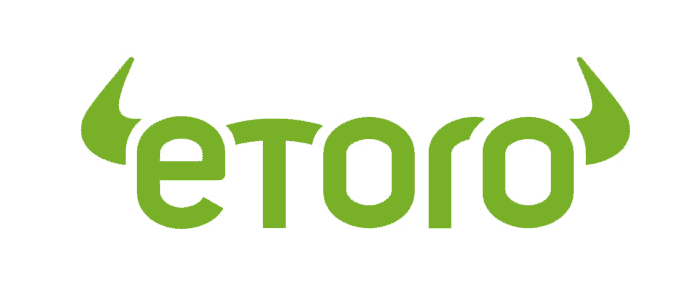 Etoro
Etoro
|
Cyprus | 34 Currencies including ETH | 0,10% > 1% | More info |
| 2 |
 Crypto.com
Crypto.com
|
Hong Kong | 287 Currencies including ETH | 0.04% - 0.4% | More info |
| 3 |
 Coinbase
Coinbase
|
US | 241 Currencies including ETH | 1,49% > 3,99% | More info |
| 4 |
 Binance
Binance
|
Cayman Islands | 366 Currencies including ETH | 0,10% | More info |



